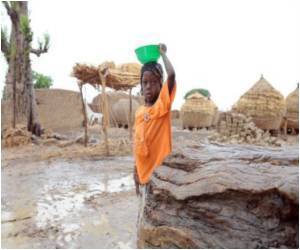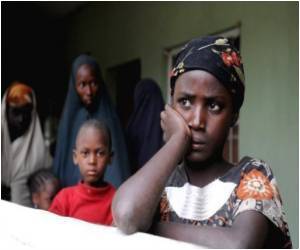Illegal gold mining has altered the lives of nearly 2,000 children who are facing the effects of lead poisoning in several northern Nigerian villages.

They live in villages in Zamfara state where lethal levels of lead poisoning were reported in 2010 due to illegal gold mining.
"There are 2,000 children suffering from lead poisoning in eight lead-contaminated villages yet to be remediated," said Nasiru Tsafe, deputy coordinator of Zamfara state's rapid response team.
"These children are exposed to more danger by their constant exposure to lead and delay in treatment."
Jane Cohen, a researcher with New York-based Human Rights Watch who visited the area recently, said the situation was worse than anticipated with "a large number of children exposed to high lead contamination well above the WHO (World Health Organisation) accepted limit."
Most of the victims are from Bagega village, a 9,000-strong farming and herding community where all 1,500 children suffer from lead poisoning.
Advertisement
The short-term effects of lead poisoning include acute fever, convulsions, loss of consciousness and blindness, with anaemia, renal failure and brain damage among the long-term effects.
Source-AFP












